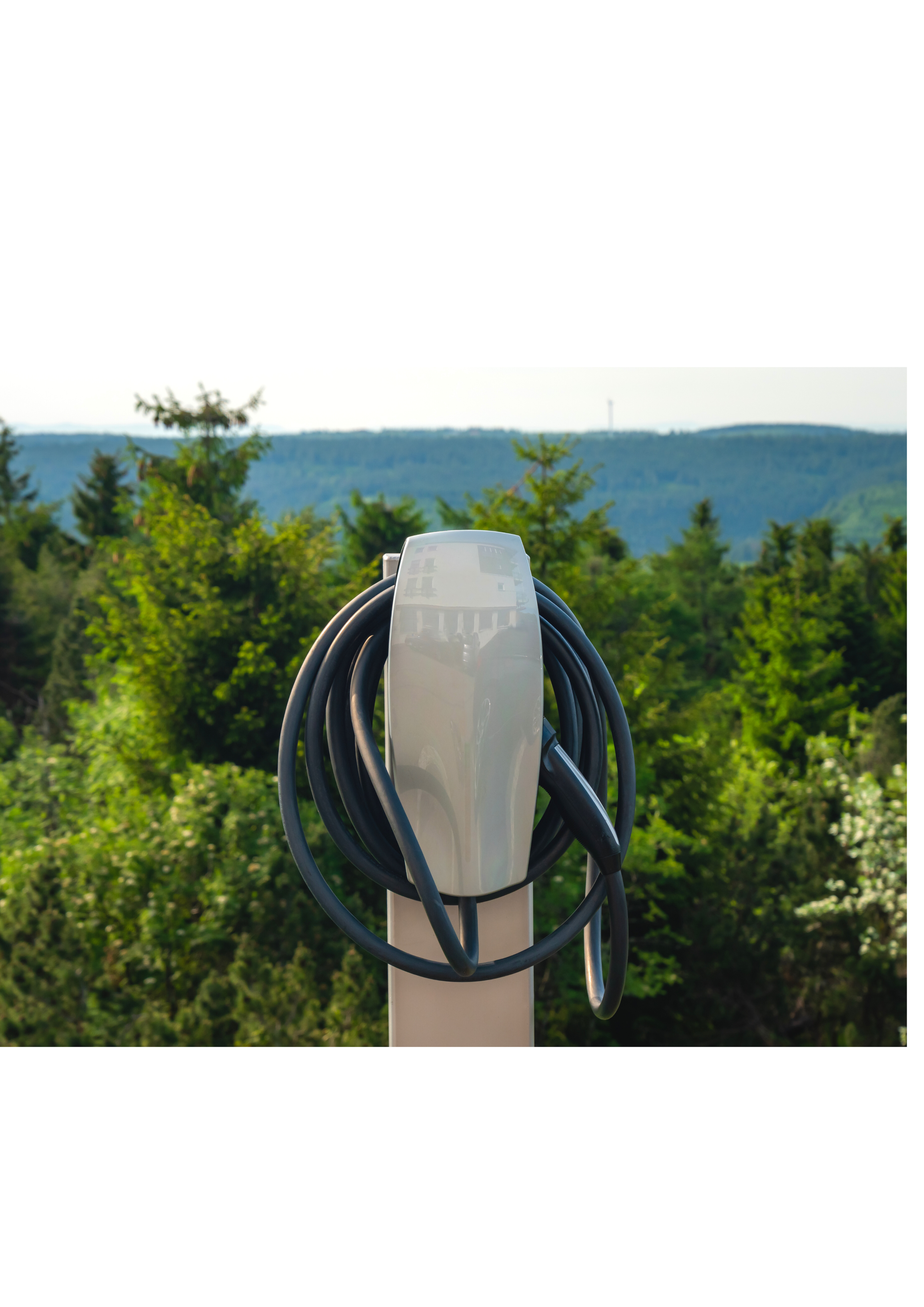
EVs, changing the world of car maintenance!
Sales of EVs (electric vehicles) in the UK have rocketed in recent years, with hybrid or battery-based cars now making up nearly 30% of all new vehicle registrations. The increase in fuel prices and the ban from 2030 of new traditionally fuelled (petrol or diesel) cars mean that percentage is only going to increase. But how is this change affecting the motor industry? And what skills do car mechanics need now to keep on top of this new technology?
The difference between petrol or diesel fuelled cars, which work through internal combustion, to those powered by electricity is huge. To put it bluntly, a typical petrol engine has over 2,000 mechanical moving parts: a typical electric vehicle powertrain has less than 20. Whilst this might sound like servicing electric vehicles is a whole lot easier, the UK Institute of the Motor Industry estimates that 97% of current mechanics are not suitably qualified or experienced to work on electric vehicles.
What does that difference in power source mean in reality? For starters, all those moving parts on petrol and diesel engines require regular maintenance like oil changes to keep them moving smoothly and hopefully to prevent breakdowns occurring. Less moving parts in EVs will mean less traditional mechanical maintenance than before. Notably, the same is true for vehicle braking systems: the clever technologies used in EVs mean that their brakes don’t have the same wear that petrol or diesel cars do, so things like changing brake pads and discs will become less frequent.
What are the key issues for electric vehicles, if not mechanical ones? There are a few. Electric vehicles tend to be harder on tyres than traditionally fuelled ones, in part because their batteries make them heavier, so tyre changes are likely to become more frequent. Electric vehicles are much more demanding on their cooling systems – to keep the batteries working efficiently. This will make not only engine cooling but also whole vehicle heat management something that requires regular monitoring. And all new vehicles today whether they are electric or not, have so many more sensors than they ever used to have, from driver assistance features to on-board cameras, so an understanding of electronics and some programming will be key to keeping them functioning.
While traditional mechanical skills will still be required, it’s already clear that the skillset is shifting to include electronics and even some programming skills, but it’s a shift that has been happening since the early 1990s. Ian Jarvis, owner of independent garage E&J Jarvis Ltd, believes it was the introduction of the catalytic converter that marked a noticeable shift.
“We regularly recruit apprentice mechanics but, since the 90s, we have had to stipulate that our new starters need at least a grade C (5) GCSE pass in English and particularly Maths in order to understand the science behind the electronics in vehicles today,” Ian explained.
As far as his business is concerned, the change to hybrid and electric vehicles has not yet made much of an impact. “I have sold many hybrid vehicles but none that are fully electric as yet. The vast majority of our MOT and maintenance work is still with traditionally fuelled vehicles” Ian said.
E&J Jarvis have been in business for 75 years so have already seen lots of changes in vehicle technology in that time. Looking to the future, what further advances in the technology does Ian see? “I wouldn’t be surprised if we don’t see another type of fuel-technology replace EVs. Hydrogen fuel cells are more efficient and charge much faster than electric batteries, and it’s technology that NASA has been using since the 1950s. I’ll be interested to see if it happens!”
